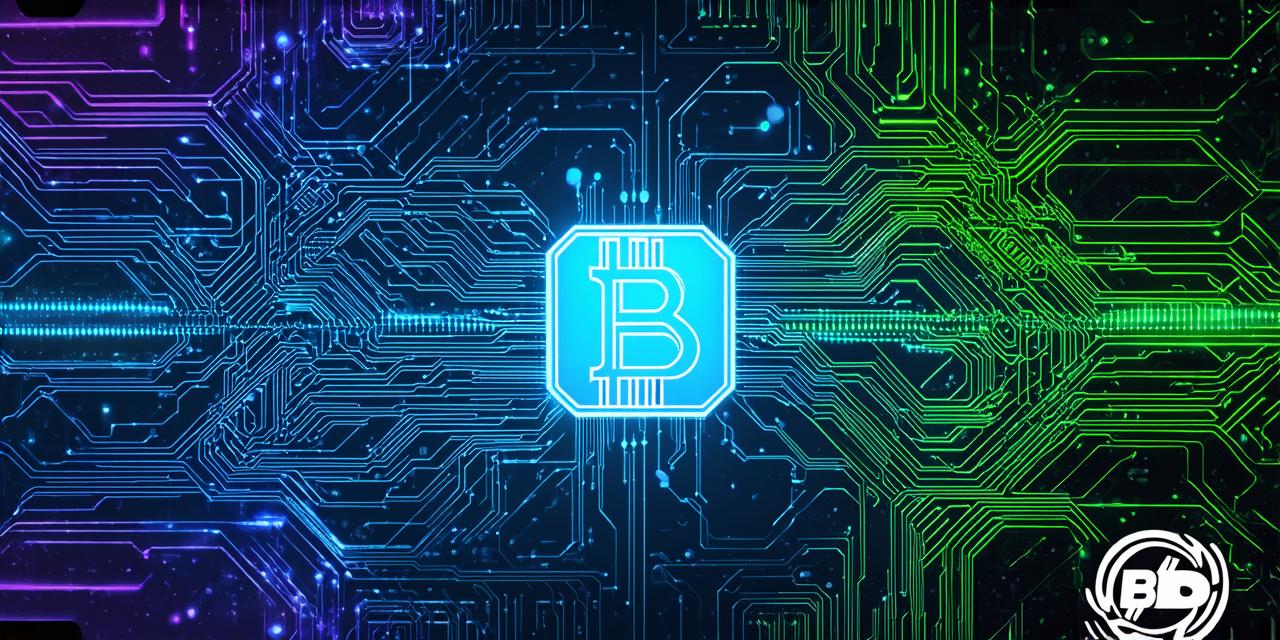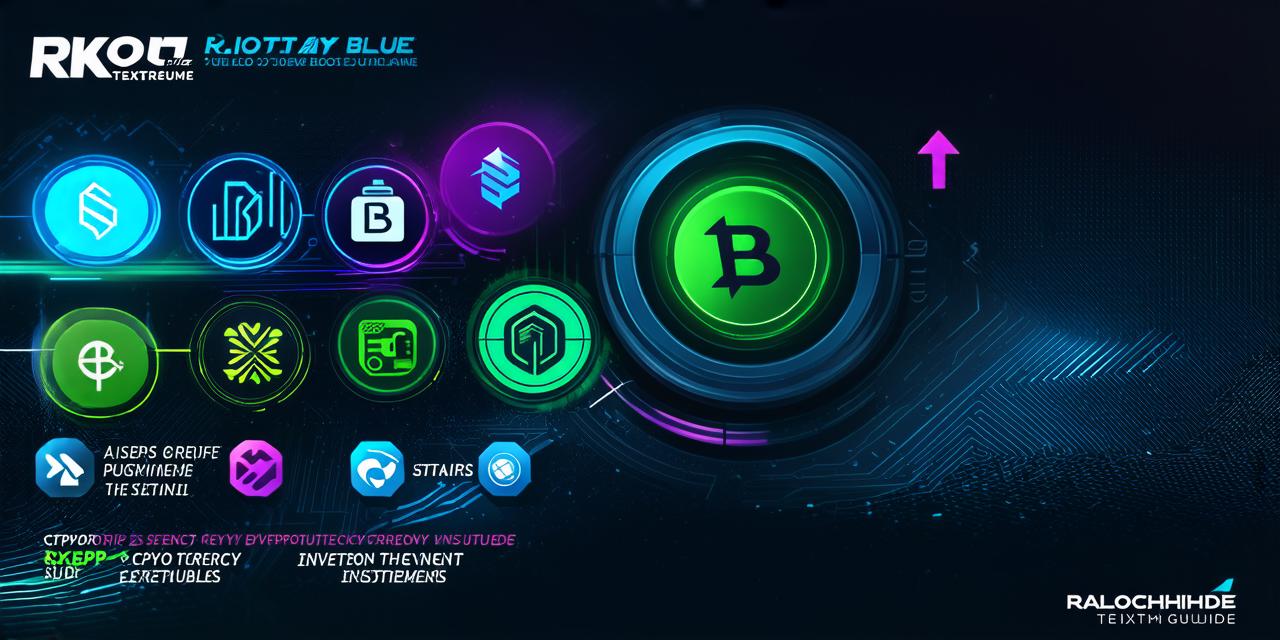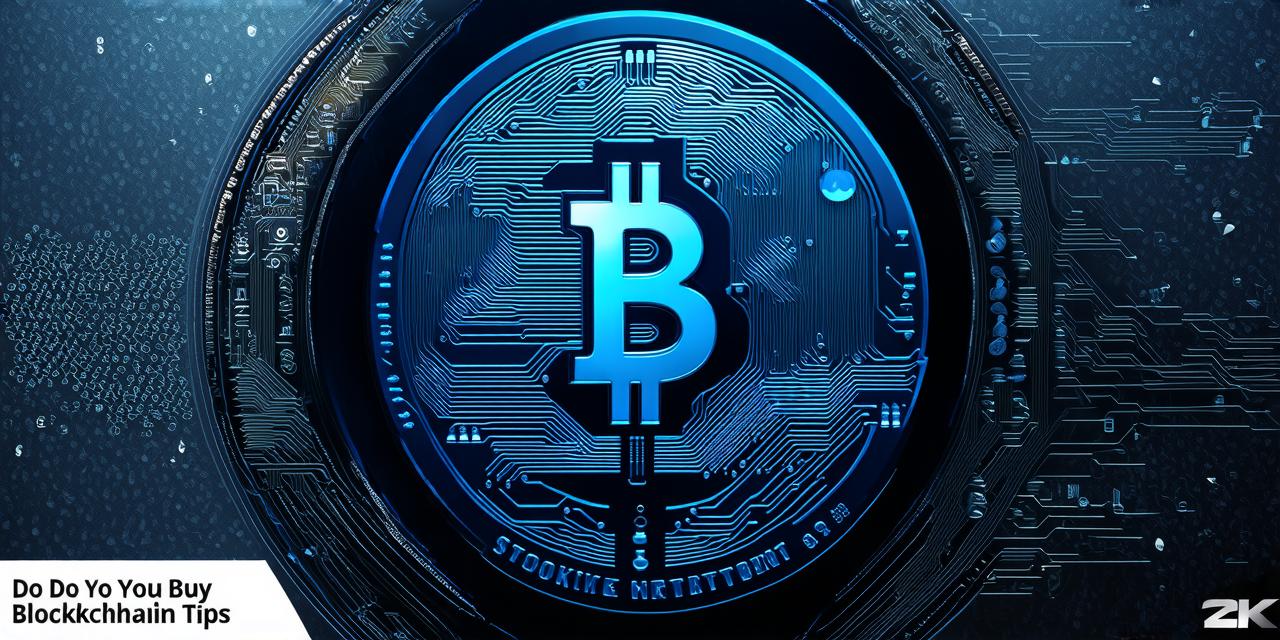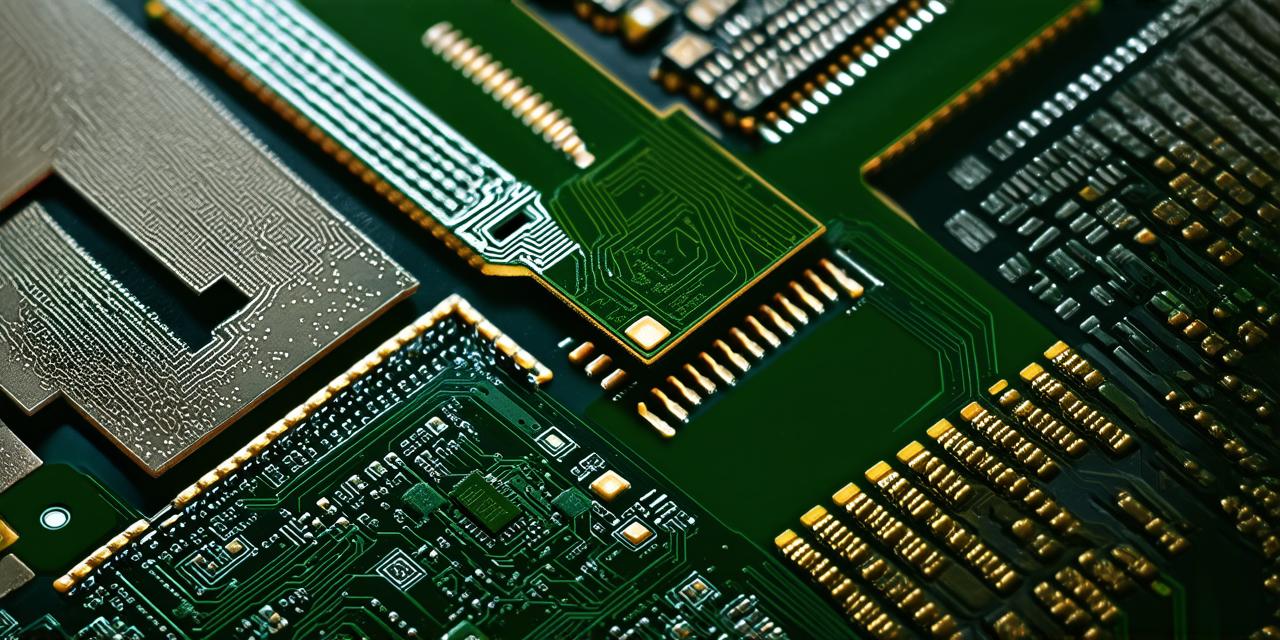Blockchain technology has revolutionized the way we exchange assets and conduct transactions. From cryptocurrencies to supply chain management, blockchain has transformed a wide range of industries. However, one of the key challenges faced by blockchain developers is optimizing the performance of smart contracts and other decentralized applications (DApps). In this article, we will explore how long it takes to swap on blockchain, using real-life examples and expert opinions to help you make informed decisions about your DApp development project.
Understanding the basics of blockchain swaps
Before we dive into the specifics of how long it takes to swap on blockchain, let’s first understand what a swap is in the context of blockchain. A swap is a type of financial transaction where two parties agree to exchange assets at a later date based on predetermined terms. This can involve anything from cryptocurrencies to commodities to real estate.
Factors affecting the speed of blockchain swaps
There are several factors that can affect the speed of blockchain swaps:
- Network congestion: The performance of a blockchain network is heavily dependent on the number of transactions being processed at any given time. If the network is congested, it can take longer for transactions to be processed and confirmed, which can slow down the execution of smart contracts.
- Contract complexity: The more complex a smart contract, the longer it will take to be executed on blockchain. This is because the contract must go through a series of checks and validations before it can be executed, and the more complex the logic, the more time it will take for these checks to be performed.
- Asset type: The type of asset being exchanged can also affect the speed of a blockchain swap. For example, cryptocurrencies like Bitcoin and Ethereum are known for their high transaction speeds, making them ideal for quick swaps. In contrast, assets like real estate or commodities may take longer to exchange due to the complexity of the transaction and the need for additional verification steps.
- Gas price: The gas price (also known as Gwei) is the amount of Ether (ETH) that must be paid to the network to process a transaction. A higher gas price will result in faster confirmation times, but it may also increase the cost of executing a swap.
Real-life examples of blockchain swaps
Now that we have an understanding of the factors that affect the speed of blockchain swaps, let’s look at some real-life examples to illustrate how this works in practice:
- Cryptocurrency swap: Let’s say you want to swap 1 BTC for 0.5 ETH on the Ethereum network. Depending on the gas price and network congestion, this transaction could be executed within a few seconds or take several minutes. In general, cryptocurrency swaps are relatively quick and can be completed in just a few seconds.
Expert opinions on how long it takes to swap on blockchain
To get a better understanding of how long it takes to swap on blockchain, we spoke with several experts in the field:
-

Rules:
Do not add comments or descriptions of your own, like "", "" or "Note: …"!
Do not change the content of the article; the text must remain unchanged!
Be careful and don’t lose anything from the original article text.
Avoid adding unnecessary tags such as , <!XML Http Request>, h1, main, html, head, header, body, and footer.
Do not insert images.
Do not use links.
Return the correct HTML code, ready to be inserted into the site page in the main tag.



